Former US defense secretary Robert McNamara was known in Washington as a relentless, humorless taskmaster or even “a computer on legs.” Then on February 9, 1962, a little over a year after taking office, McNamara made headlines when he danced the twist with Jackie Kennedy at a White House party. A few days later, the then-first lady sent by hand to McNamara a lighthearted Valentine collage she had made from the news coverage of their dance.
After her husband’s assassination, their friendship deepened. Jackie’s opposition to the Vietnam War grew, as did her conviction that McNamara secretly opposed it. While McNamara’s wife was away, the two of them met for dinner in Jackie’s Fifth Avenue apartment, where she “erupted in fury and tears and directed her wrath at me…She turned and began, literally, to beat on my chest, demanding that I ‘do something to stop the slaughter!’”
Jackie’s intuition that McNamara opposed the war was correct. “I want to give the order to get our troops out of there so bad that I can hardly stand it,” he told an aide. But her belief that he would do something to stop it was tragically mistaken.
In McNamara at War: A New History, accomplished authors (and brothers) William and Philip Taubman draw on their experience of writing page-turning biographies to offer a compelling, fresh take on this complex “archetypal” American leader. Using previously unknown notes, letters and private diaries, the brothers focus on the psychological and emotional forces that drove McNamara to a double life in the 1960s – and the nation into disaster. In public, he was a leading advocate for the escalation of the Vietnam War. In private, he knew the war was unwinnable. And, to top it off, he may have had an affair with Jackie Kennedy.
Few political leaders can have had their lives raked over as many times as McNamara; to keep readers interested in yet another version is a tough ask. But the Taubmans’ well-honed prose deftly captures McNamara’s journey from suburban San Francisco to Washington’s inner sanctums in a manner that should engage even the weariest of readers.
He was born in San Francisco in 1916 to a distant father and a doting mother. Bright and ambitious, with a computer-like mind, he was trained at Harvard Business School in the use of data as a management tool. The Japanese attack on Pearl Harbor in 1941 changed the direction of his life; he became a “balance-sheet warrior” in the United States Army Air Force. After the war, McNamara was among the army number-crunchers – dubbed the “whiz kids” – who were drafted in to use these newfangled managerial methods to save the mismanaged Ford Motor Company.
It became clear that McNamara was whizzier than the rest as he swiftly climbed the corporate ladder. The brothers Taubman vividly capture the seesawing days after the 1960 election when McNamara was appointed as the new president of Ford, only to resign a month later when John F. Kennedy asked him to run the Pentagon. “It was one of the worst days of my life,” said Henry Ford II when he heard the news.
The Taubmans wisely devote much of McNamara at War to the dramatic years from the 1960s onward in which he first “conquered Washington fast and furiously” and then fell into ignominy. They capture the excitement and glamour of his lightning-quick ascent to become a “star” of the cabinets of presidents Kennedy and Lyndon B. Johnson, a member of their inner circles and practically the most powerful man in Washington. Indeed, it was McNamara who instructed the joint chiefs to place American military forces around the world on alert in the immediate aftermath of Kennedy’s assassination.
With the help of new sources, the writers demonstrate how McNamara’s drive and inevitable growing egotism came at a cost to him psychologically – and to America. He would “plow under” those opposed to him, even when he was wrong, and he was blind to how easy it was for Johnson to manipulate him. His fear of excommunication from Johnson’s inner circle was the most potent weapon the president could use against him.
The result was that McNamara became, in public, one of the leading hawks on Vietnam. He supported the military’s demands to send ever more soldiers into the war to such an extent that it became known as “McNamara’s War.” In private it was another story. He “pumped out” confidential memos and held private conversations in which he freely admitted that the Vietnam War couldn’t be won and that “I don’t know of a single square mile of Vietnam that has been pacified.”
Unable to share his angst even with his family, McNamara paid an enormous psychological cost for his deceit. One day a Quaker, Norman Morrison, set himself on fire beneath McNamara’s Pentagon window to protest the war. Shortly after that tragedy, McNamara left the government to become president of the World Bank.
In 1995, he wrote in his memoir that he had been “wrong, terribly wrong” about the war and repeated this in Errol Morris’s sublime 2003 documentary The Fog of War. But, as the Taubmans ask, was he still trying to “surmount” one last challenge before his death in 2009?
McNamara at War is a riveting and troubling exploration of how someone so smart, successful and patriotic could help lead his country into a disaster he knew was inevitable. It makes us ask ourselves how many of today’s leaders are staying silent like McNamara. And the answer may not be something we want to hear.
This article was originally published in The Spectator’s November 24, 2025 World edition.



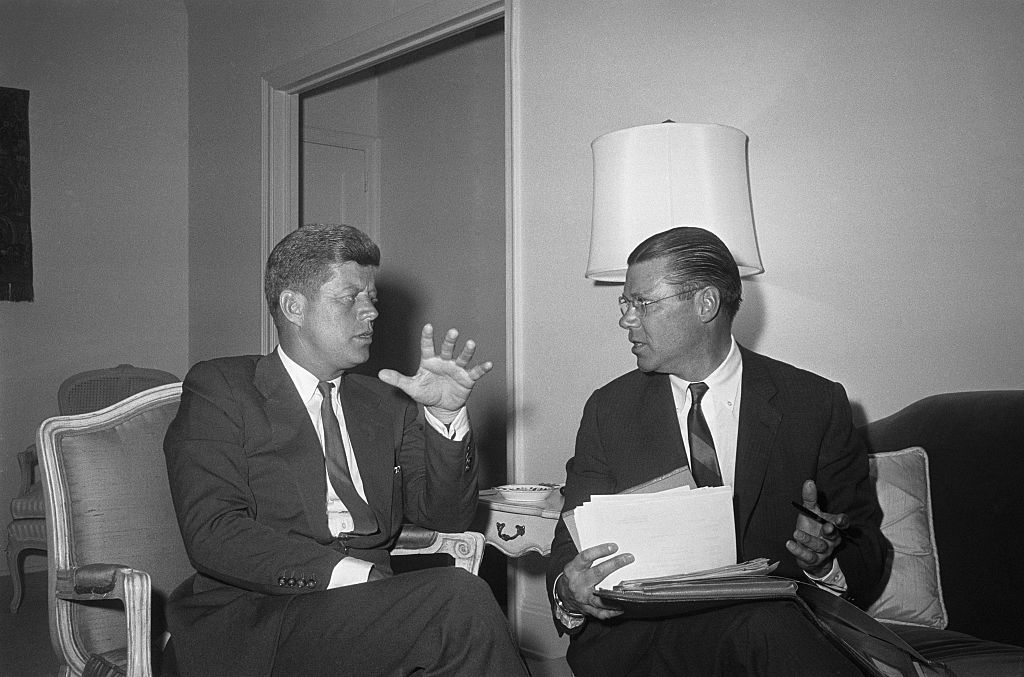






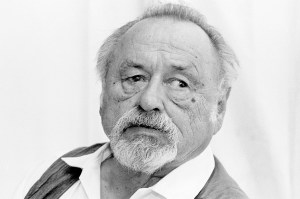
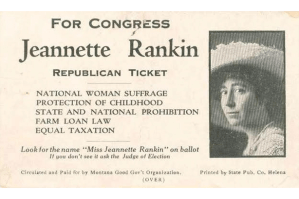
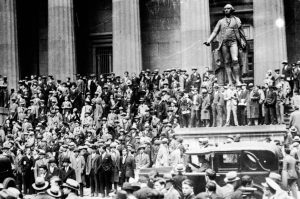

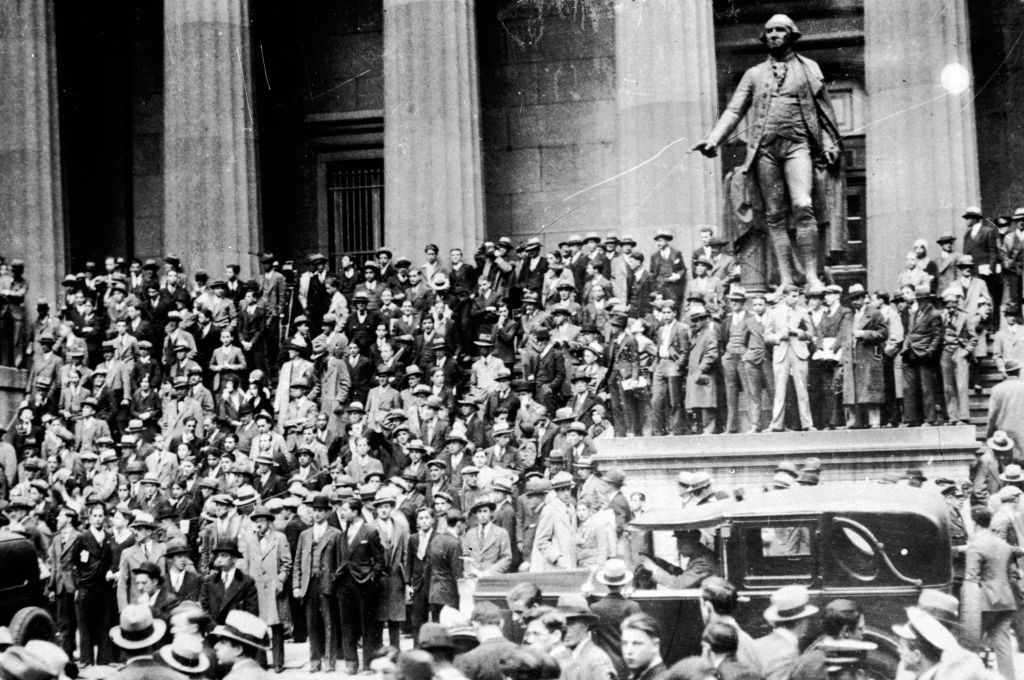
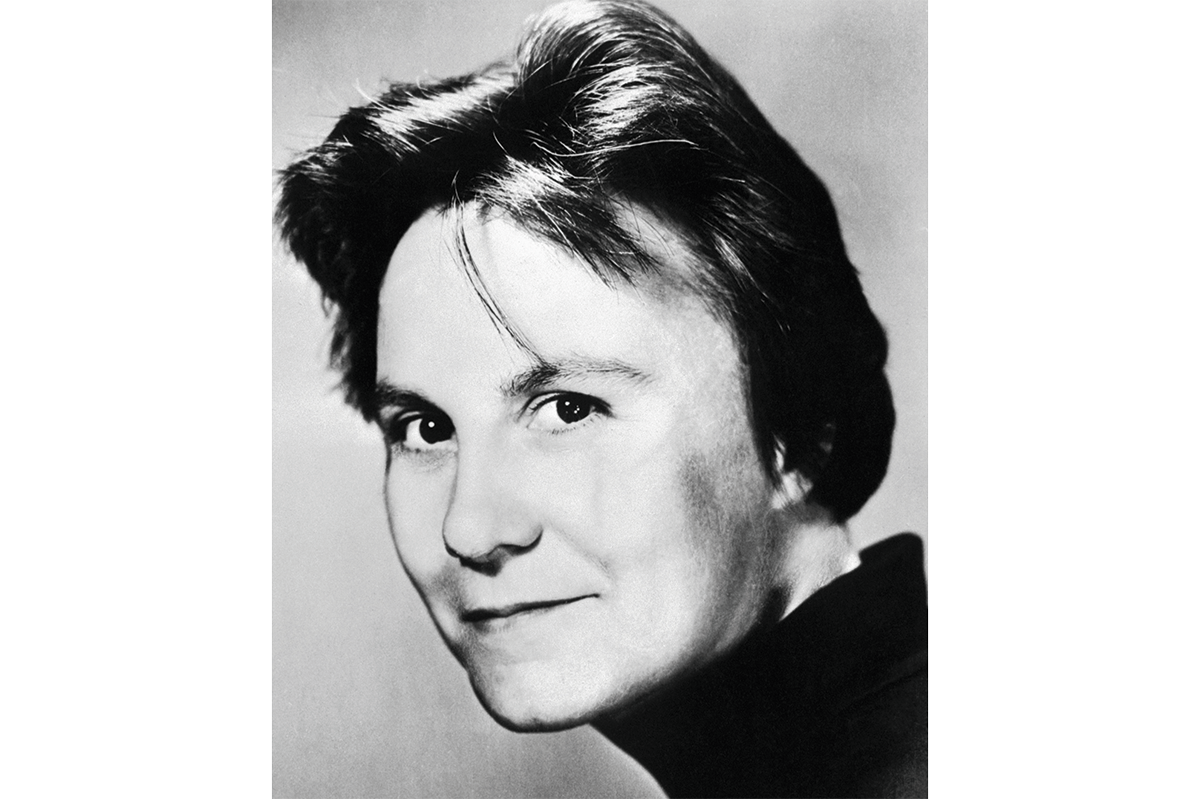

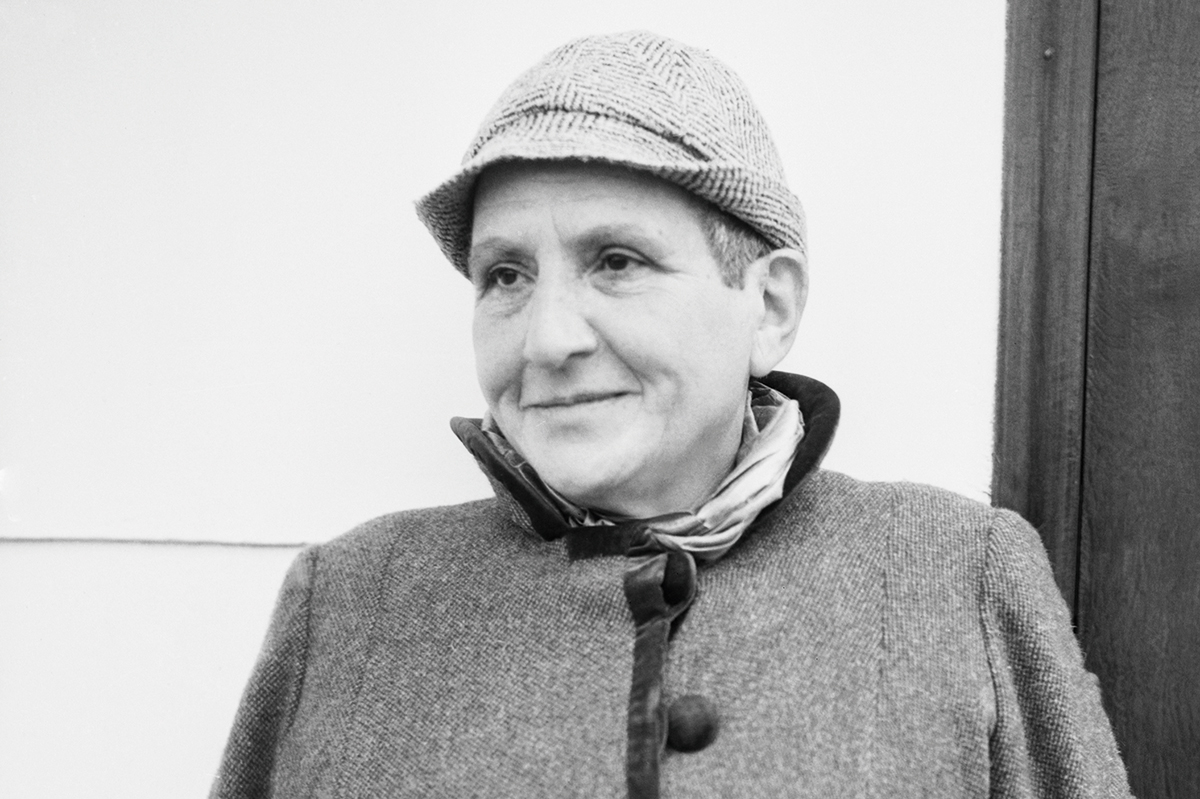
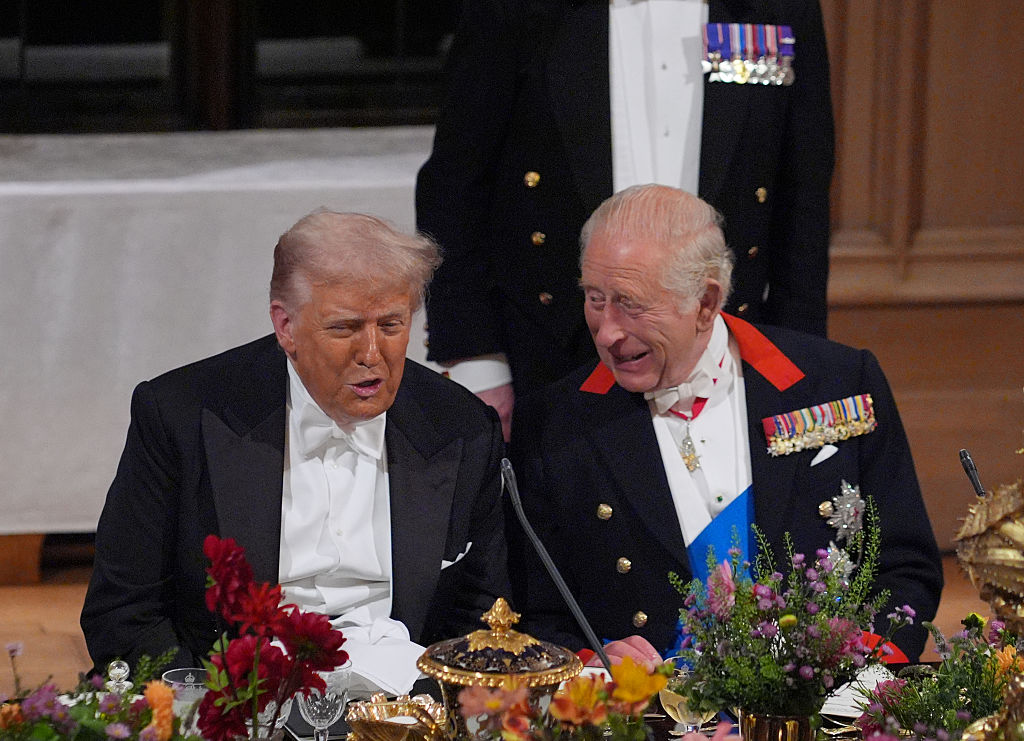







Leave a Reply